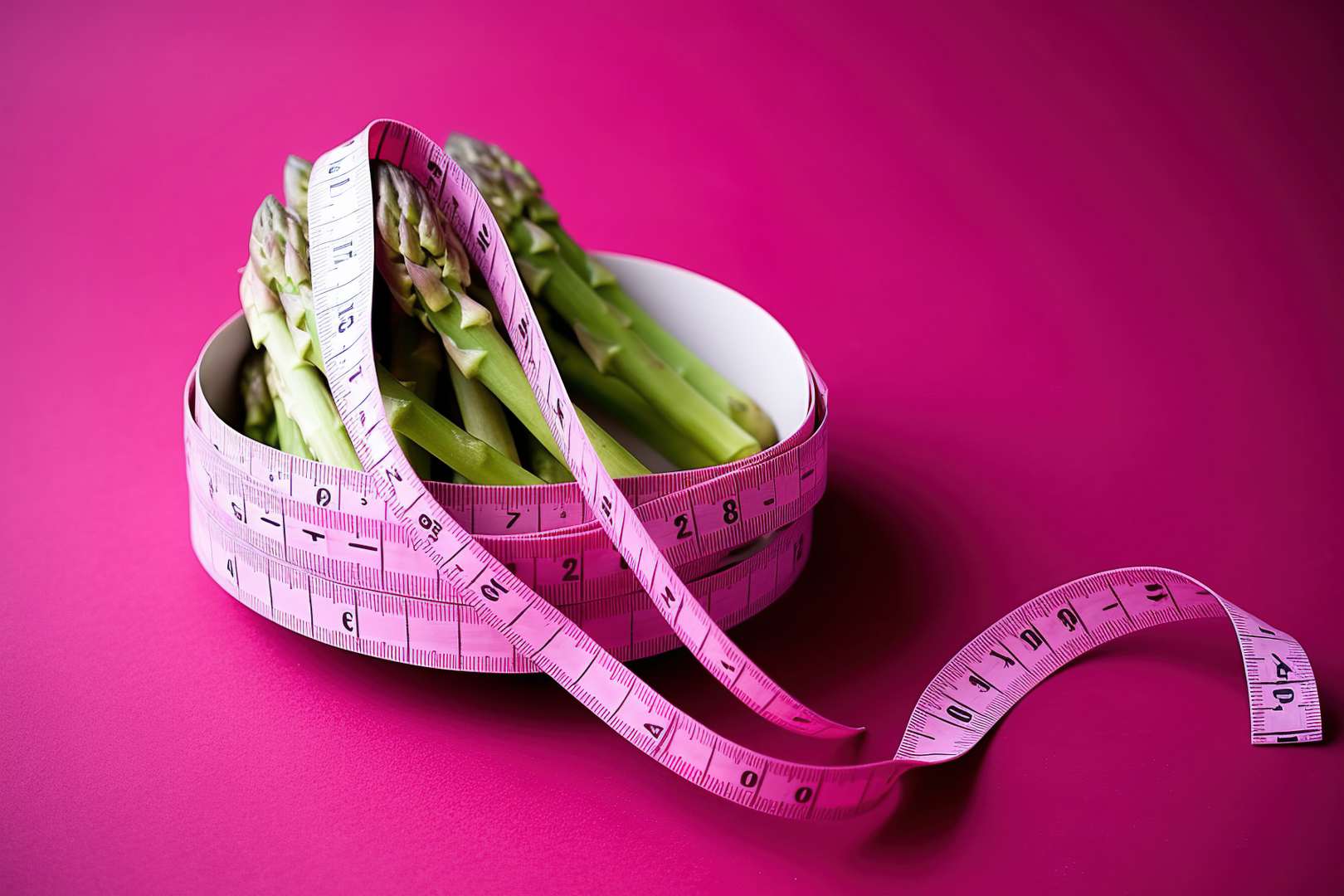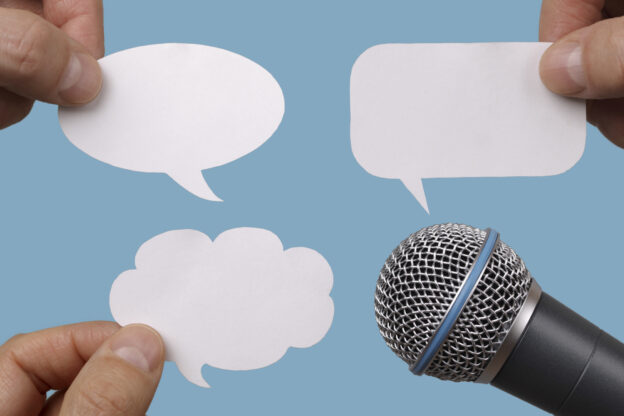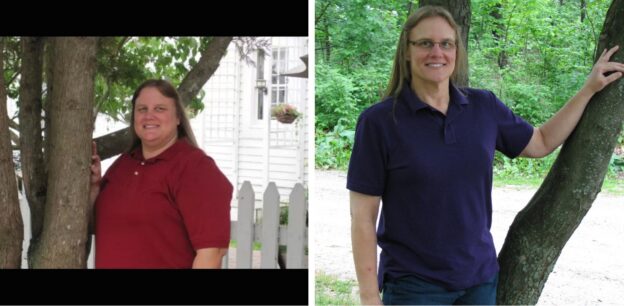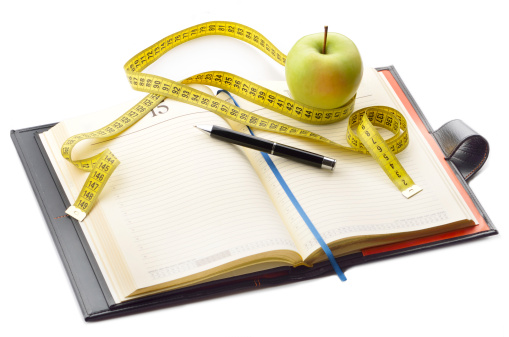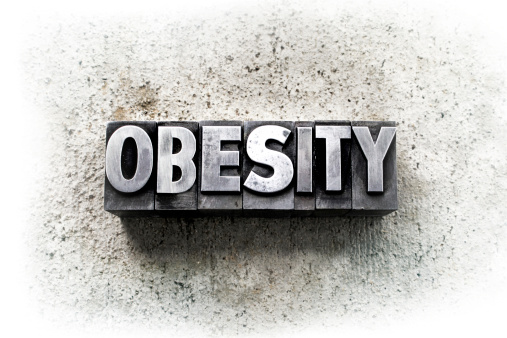The Importance of Understanding the Basics By grasping the basics of weight management, individuals can make informed decisions about their health and well-being. Whether you are looking to lose weight, maintain your current weight, or gain muscle mass, having a solid foundation in the science of weight management is essential. This knowledge empowers you to […]
The Importance of Nutrition in Weight Management Nutrition plays a pivotal role in successful weight management. It is not just about the quantity of food you consume, but also the quality of the nutrients that you provide to your body. A balanced and nutritious diet can significantly impact your ability to achieve and maintain a […]
Our outlook on life has a huge impact on how we approach everything we do. When we look at life with a brighter perspective, this can in turn reflect on how we look at ourselves.
An important piece of advice I always tell my patients is that if you do not believe in yourself and your ability to succeed in weight loss (or anything else in life), you will most likely never reach your goals.
One of the first things we hear when dieting is an enormous amount of shoulds from family, friends and even complete strangers.
You should use this new diet I read about…
You really should try eating this…
You know, you should start thinking about joining a gym…
his is a guest post from our patient, Nancy W., who shares her weight loss success story of losing 100 pounds.
I had always struggled with my weight, and in the end, it seemed my weight just kept going up. Everything seemed to take so much energy; it was easier to just sit in a chair. I was embarrassed to go on trips because of my size, so it simplified matters to just stay home.
I also had high blood pressure, and my doctor told me I was headed toward becoming a diabetic because of all the extra weight I was carrying. I knew my high blood pressure was caused by my weight, and I didn’t want to become a diabetic. I needed help!
In a previous post about the power of negative thinking, I talked about how I used negative thinking to help me overcome my desire for high-carb foods and starchy foods. And I’ve had a great amount of success doing it – so much so that my family and friends shake their heads in disbelief when I easily turn down pasta dishes, breads and desserts.
Controlling my desire for carb-rich foods is one of the reasons I feel I’ve been so successful in my weight loss over the past 13 months – but that doesn’t mean I’ve never indulged now and then. I have a system of weight loss milestones worked out, and I reward myself with one carb-heavy meal every time I hit a new one.
This is a letter I received from my patient, Annette Wright, who wanted to share her weight loss success story.
Dear Dr. Sam,
I would like to thank you for everything you have done for me. I have struggled with my weight for many years. I heard about you from a coworker who is seeing you, as well. She had lost a lot of weight under your guidance, and I thought it would be worth talking to you.
t’s true – studies have shown that writing down everything you eat or drink helps you lose weight faster and more effectively. Now before you click to close this post in annoyance, please realize that I’ve lost 217 pounds in just 13 months, and I’ve kept a food journal every single day.
Did that get your attention?
You can believe me when I say I was not thrilled about starting a food journal with this latest endeavor to reach a healthy weight last year.
“… you just need diet and exercise.”
“… referring you to see a dietician.”
“… do you think you have an eating disorder?”
“… you need to diet harder.”
How many times have you heard lines like these from your family doctor?



